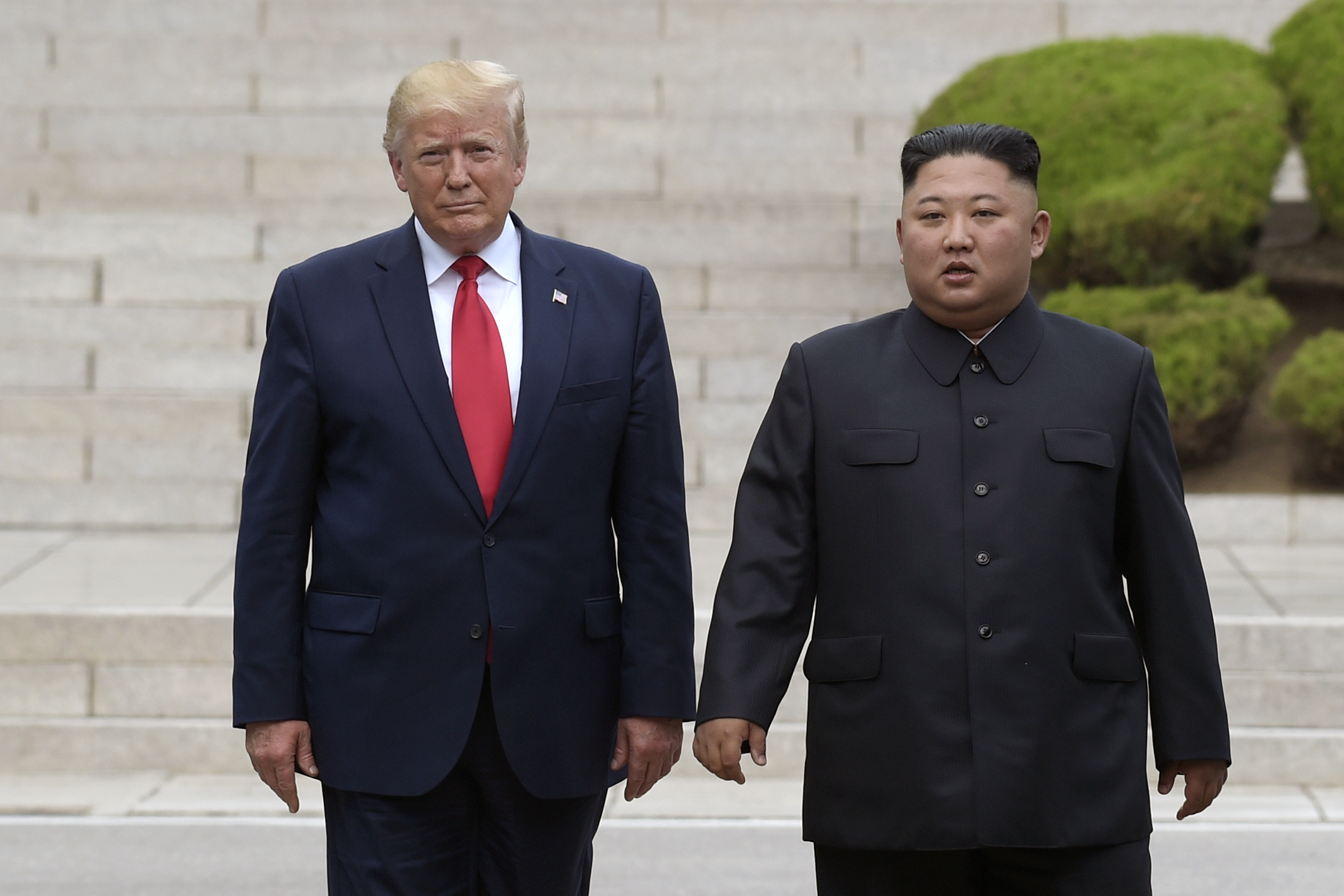North Korea has said it has adopted the “toughest” policy toward the United States for its national interests and security, state media reported on Sunday, less than a month before Donald Trump officially becomes United States president.
Newsweek has contacted the U.S. State Department and Trump’s transition team for comment by email outside of regular office hours.
Why It Matters
North Korea is one of the nine nuclear-armed countries. The Stockholm International Peace Research Institute estimated that the country possessed around 50 nuclear weapons.
In November, Reuters reported that Trump’s team was discussing the possibility of resuming direct talks with North Korean leader Kim Jong Un in hopes of easing tensions. Pyongyang has vowed that it would not give up its nukes for the second Trump administration.
What To Know
During a meeting of the ruling Workers’ Party of Korea, which was held from December 23 to 27, Kim accused the U.S. of being the “most reactionary state” that has an invariable policy of anti-communism, the Korean Central News Agency reported.
He also criticized the U.S.-led trilateral security alliance, which includes Japan and South Korea, saying it has turned into what he called a “nuclear military bloc for aggression.” Meanwhile, South Korea has become an “out-and-out anti-communist outpost” of the U.S, he said.
Washington has provided extended deterrence, or a “nuclear umbrella,” to Tokyo and Seoul in the face of Pyongyang’s nuclear threat. It is a commitment made by the U.S. to deter and to respond potential nuclear and non-nuclear scenarios in defense of its East Asian allies.
Susan Walsh, File/AP Photo
According to the report, Kim clarified the policies for bolstering “war deterrence” to cope with “military provocations” of the U.S. and its allies. In November, he warned that tensions in the Korean Peninsula could escalate into a “most destructive thermonuclear war.”
“The concluding speech clarified the strategy for the toughest anti-U.S. counteraction to be launched aggressively by the DPRK [Democratic People’s Republic of Korea] for its long-term national interests and security,” the report added, using North Korea’s official name.
Trump had met Kim three times during his first presidency, including a meeting in 2019 where he became the first U.S. president to step onto North Korean soil.
What People Are Saying
Kim Jong Un said during a meeting of the Workers’ Party of Korea: “This reality clearly shows which direction we should follow and what we should do and how.”
Yang Moo Jin, president of the University of North Korean Studies in Seoul, told Yonhap News Agency: “North Korea may maintain its evasiveness until the North Korea policy of the Donald Trump administration becomes tangible.”
What Happens Next
It remains to be seen whether North Korea will conduct any missile or even nuclear tests as a show of force following Trump’s inauguration on January 20. Pyongyang’s hard-line stance against Washington and its allies is likely to continue for a while.





